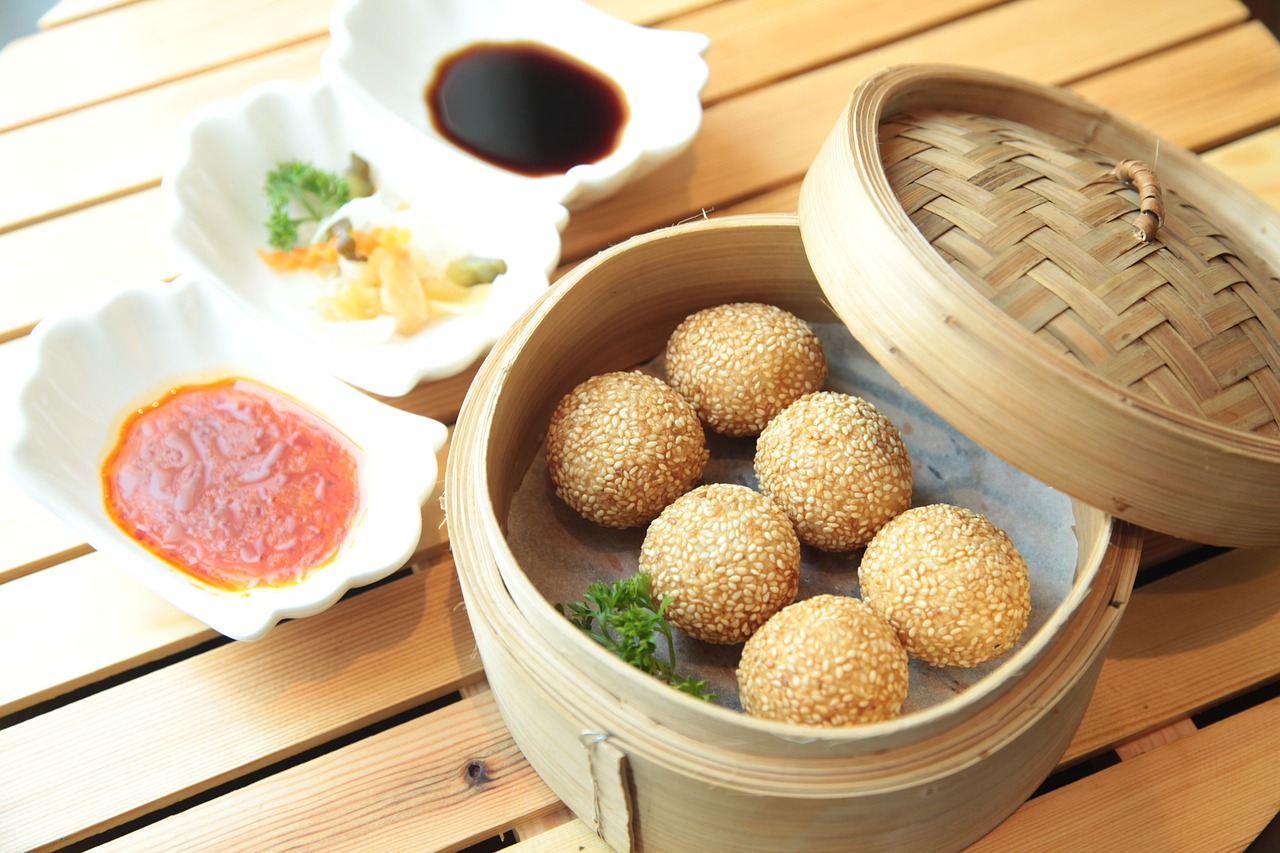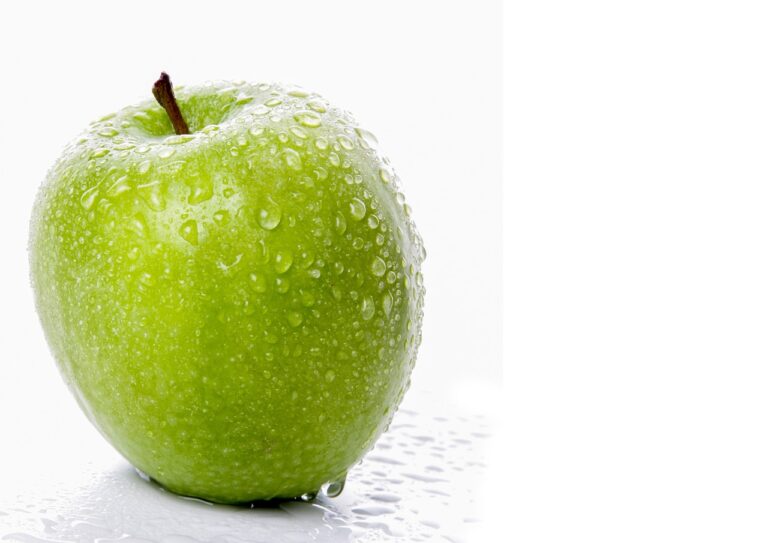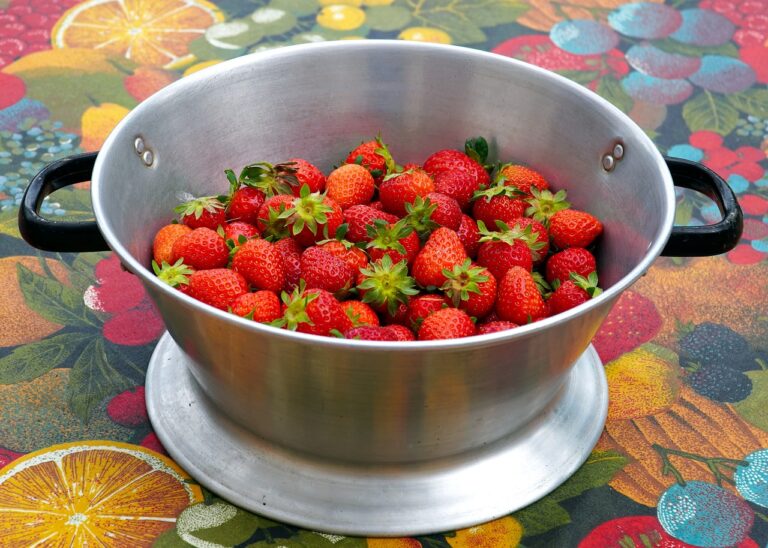Canning for Small-Scale Producers: Building Local Food Networks
laser book 247.com, silver exchange login password, 11xplay pro login:Canning for Small-Scale Producers: Building Local Food Networks
Are you a small-scale producer looking to expand your reach and build stronger connections within your local community? Canning might just be the solution you’re looking for! By preserving your produce through canning, you can extend the shelf life of your products, reduce food waste, and create unique and delicious offerings for your customers.
In this blog post, we’ll explore the benefits of canning for small-scale producers and how you can use this age-old preservation method to build local food networks and grow your business.
The Benefits of Canning for Small-Scale Producers
1. Extend Shelf Life: Canning allows you to preserve your products for an extended period, giving you more flexibility in when and how you sell your goods. This can help you smooth out fluctuations in demand and ensure a consistent revenue stream throughout the year.
2. Reduce Food Waste: By canning excess produce that you may not be able to sell fresh, you can reduce food waste on your farm or in your kitchen. This not only helps the environment but also improves your bottom line by maximizing the use of your resources.
3. Create Value-Added Products: Canning opens up a whole new world of possibilities for creating unique and delicious products that can command higher prices than fresh produce. From jams and jellies to pickles and sauces, the possibilities are endless!
4. Build Community Connections: Canned goods are a great way to connect with customers on a deeper level. By sharing your products with your local community, you can build trust, loyalty, and a strong customer base that will support your business for years to come.
How to Get Started with Canning
1. Invest in the Right Equipment: To get started with canning, you’ll need some basic equipment such as a water bath canner, canning jars, lids, and a jar lifter. You can find these items at most kitchen supply stores or online.
2. Learn the Basics: Before you start canning, make sure to familiarize yourself with the basic principles of food preservation and safety. The USDA’s Complete Guide to Home Canning is a great resource for beginners.
3. Source High-Quality Ingredients: The key to great canned goods is starting with the best ingredients. Whether you grow your own produce or source it from local farmers, make sure to use fresh, high-quality ingredients for the best results.
4. Experiment with Recipes: Once you’ve mastered the basics of canning, don’t be afraid to get creative with your recipes! Try different flavor combinations, spice levels, and textures to create unique products that will set your business apart.
Building Local Food Networks through Canning
1. Collaborate with Other Producers: Canning is a great way to collaborate with other small-scale producers in your area. By sharing resources, knowledge, and products, you can create a network of like-minded entrepreneurs who support and promote each other’s businesses.
2. Host Canning Workshops: Share your passion for canning with your community by hosting workshops and classes. Not only will you educate others about the benefits of canning, but you’ll also create new opportunities for networking and building relationships with customers.
3. Participate in Farmers’ Markets and Local Events: Farmers’ markets and local events are a great way to showcase your canned goods and connect with customers face-to-face. Take advantage of these opportunities to build your brand, make sales, and gather feedback from your community.
4. Partner with Restaurants and Retailers: Expand your reach by partnering with local restaurants and retailers who can showcase and sell your products. This can help you reach new customers and increase your sales volume, all while supporting other small businesses in your community.
FAQs
Q: Is canning safe for small-scale producers?
A: Yes, as long as you follow proper safety guidelines and procedures, canning can be a safe and effective way to preserve your products.
Q: Can I sell canned goods at farmers’ markets?
A: In most cases, yes. However, it’s important to check with your local health department to ensure you’re in compliance with all regulations and requirements.
Q: How long do canned goods typically last?
A: Canned goods can last for up to a year or more when stored in a cool, dark place. Be sure to label your products with the date they were canned and recommended use-by date.
Q: Can I use any type of produce for canning?
A: While most fruits and vegetables can be canned, it’s important to use produce that is fresh and in good condition. Avoid using overripe or bruised produce, as this can affect the quality and safety of your canned goods.
In conclusion, canning is a valuable tool for small-scale producers looking to build local food networks and grow their businesses. By mastering the art of canning, collaborating with other producers, and connecting with your community, you can create unique and delicious products that will delight customers and support a more sustainable food system. Start canning today and reap the many benefits it has to offer!





